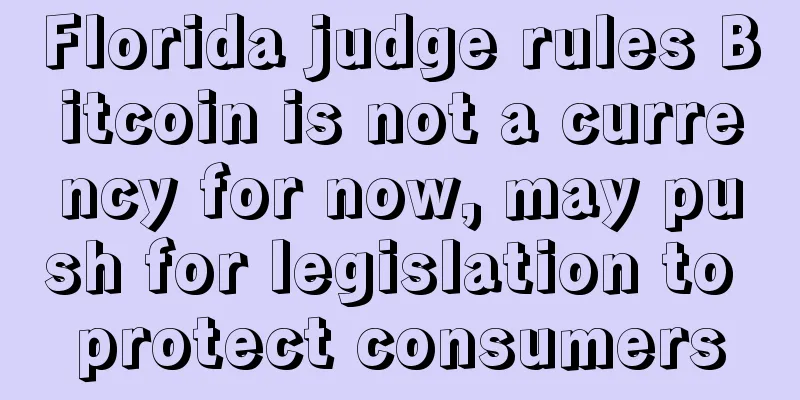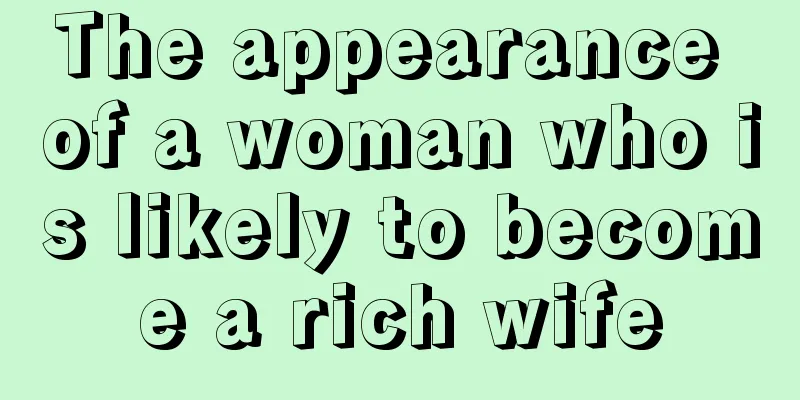Florida judge rules Bitcoin is not a currency for now, may push for legislation to protect consumers

|
A Miami judge has dismissed charges against a bitcoin seller who was indicted in 2014 for illegal money transmission and money laundering. Judge Teresa Mary Pooler noted that Bitcoin is not regulated under Florida’s legal system and does not constitute currency, and in today’s ruling, she said that Bitcoin seller Michell Espinoza did not qualify as a money transmitter. Observers believe that the ruling shows that Florida statutes do not account for Bitcoin and digital currencies, a gap that may eventually push Florida and even other states to legislate on digital currencies. It is reported that the case dates back to the end of 2013, when the Miami Police Department and the US Secret Service task force began investigating Bitcoin trading activities in the Miami area. Detective Ricardo Arias and Special Agent Gregory Ponzi contacted Espinoza through the bitcoin exchange LocalBitcoins and arranged several meetings between January and February 2014. During these meetings, undercover agents indicated that they intended to use digital currency to purchase stolen credit card numbers. Eventually, Espinoza was caught in the act of selling Bitcoin (after he sold $1,500 in Bitcoin to agents). However, in his ruling, Justice Poole found that Espinoza had not engaged in any illegal activity, neither money laundering nor money transmitters. On the latter point, in Judge Poole's view, Espinoza was simply directly promoting his Bitcoin. "The courts will not punish a person for selling his property to another person," Pooler wrote. "His actions do not fall under any prior law, and even legal professionals have difficulty finding separate legislation." Elsewhere, Judge Pooler suggested that Florida lawmakers may be looking to push for legislation that encompasses bitcoin and digital currencies to address similar issues. “The Florida Legislature may adopt laws in the future to regulate virtual currencies,” she wrote. Espinoza did not immediately respond to a request for comment. Bitcoin is not money, judge rules In his ruling, Judge Pooler believes that it is currently difficult for courts to accurately define Bitcoin. “Currently, there is nothing in our frame of reference that allows us to accurately define or describe Bitcoin,” she wrote.
Judge Pooler noted in her ruling that the state could potentially change the current situation through legislative action to create a specific legal definition for Bitcoin, a move she noted could prevent similar cases from occurring.
|
>>: Blockchain consortium Agentic Group opens London office
Recommend
Illustration of the location and fate of tear moles
Tear moles are also commonly called teardrop mole...
Satoshi Nakamoto predicted that Bitcoin should have dynamic fees to improve transaction latency
Rage Review: Dynamic charging can ensure faster B...
Nose analysis of life happiness index
Nose analysis of life happiness index If a woman ...
Deutsche Börse’s blockchain journey
Blockchain technology has increasingly attracted ...
What kind of face has good luck with noble people?
A noble person is someone who will help you when ...
The most straightforward facial features that are easy to get along with
There are always some people around us who speak ...
NBA Botches halts NFT launch on Ethereum due to protocol issues
Some bugs caused NBA fans to not get the NFTs the...
Analysis of popular female anchors with a blessed appearance
Dong Qing: Red lips and white teeth The lips are ...
Bitcoin, which has turned everyone upside down, will be recorded in financial history
As the year draws to a close, if we were to selec...
What are the characteristics of a woman with a lucky face?
If a woman has a face that can bring good luck to...
How to read a woman's forehead
In physiognomy, the forehead is called the forehe...
A career line on the palm indicates good career luck
What does a career line on palmistry represent? I...
How to see the ears?
The ears are responsible for receiving and storin...
If you can hold water in your palm, you are destined to be rich.
If you can hold water in your palm, you are desti...
Women who look like this are gossipers in the workplace, be careful
It is said that three women make a drama, and whe...









